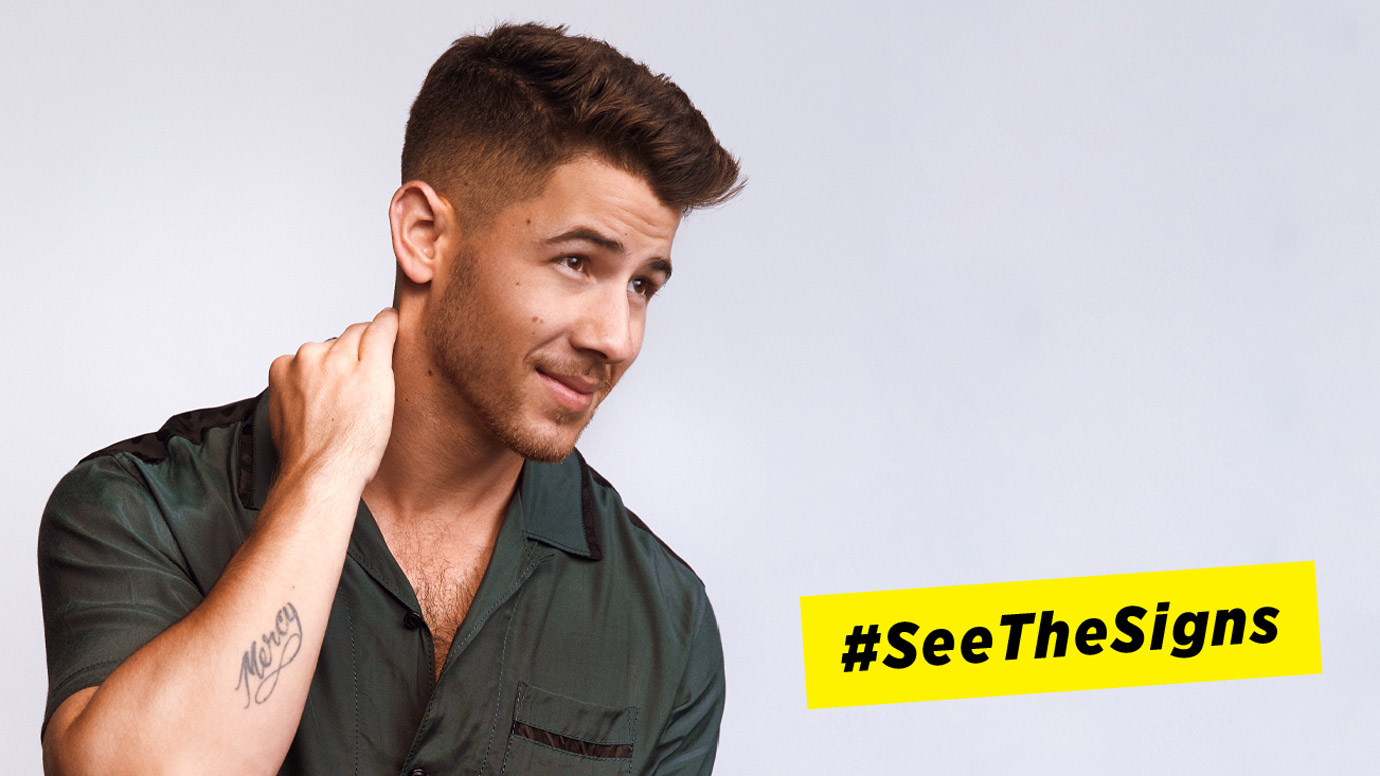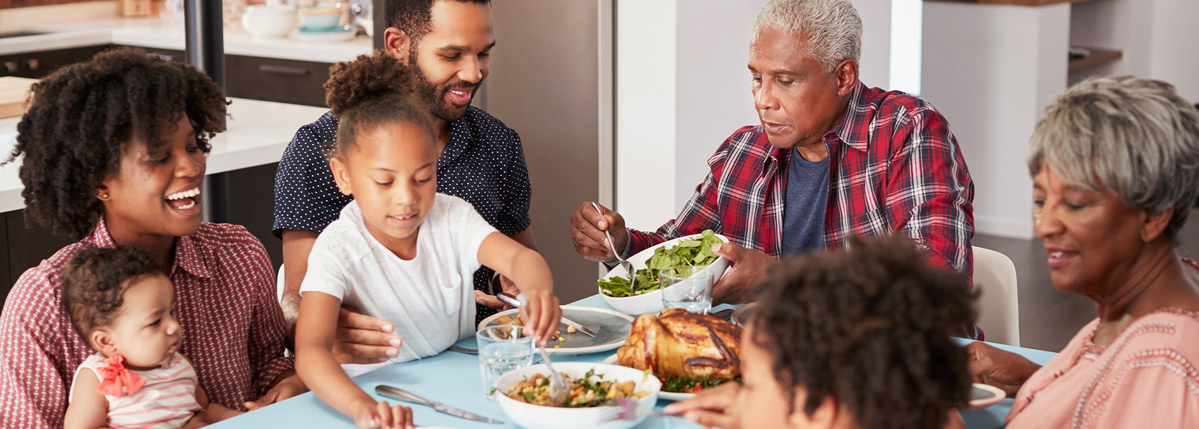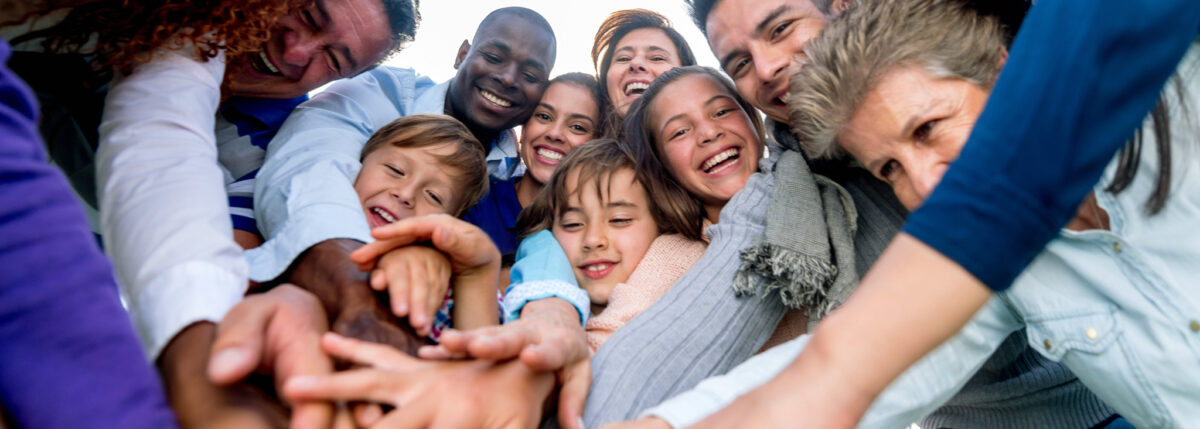Diabetes Scholar Eden Grown-Haeberli talks to Beyond Type 1
Written by: Beyond Type 1 Editorial Team
4 minute read
March 15, 2019
Editor’s Note: Eden Grown-Haeberli is from the Bay Area and currently attends Stanford University, where she is pursuing a bioengineering degree. She also serves as a member of CarbDM’s youth board. She was awarded a scholarship through Diabetes Scholars in 2017. We caught up with her to find out more about the transition to college life with type 1 diabetes and what her future holds. Interested in Diabetes Scholars + 2019 Scholarship opportunities? Find out more here.
How did you hear about Diabetes Scholars?
When I was diagnosed, I met a woman named Tamar Sofer-Geri. She is the founder of Carb DM, a local organization in the area that works to foster connections between people. There are links on their organization website to scholarships and college resources, and they even have a college panel where they have both recent graduates and current college students as well as older people with type 1 who have gone to college who will answer questions, and talk about their experiences. The students on the panel had recommended applying so I applied.
What major are you pursuing?
At Stanford, we don’t have a biomedical engineering major, but it’s incorporated into our bioengineering major. So, formally I’m majoring in bioengineering, and then I’m planning to complete a masters in computer science. I want to work on medical devices, but more on the algorithmic side than on the design side. Medical school is not the end goal, but the technological side of medicine is.
Did being diagnosed with T1D play a role in determining your career path?
Possibly the largest role. I’ve also spent a lot of time in the last couple of years working with my dad to optimize the Open APS system. It’s a do-it-yourself artificial pancreas system. So I’ve been running that system for the last three years or so, and recently have worked on projects with the founder of the system to analyze the data that has been donated by members of the do-it-yourself community who use Open ATS and to improve the system.
What pump do you use?
I’ve been on a Medtronic since three months after my diagnosis. Open APS uses an older version of the Medtronic, which is remote controllable. In the newer versions of the pump you can’t do this, but what a couple people who were on the pumps figured out is that you could actually broadcast data to the cloud, and then use that continuous glucose monitor (CGM) data to program basal adjustments.
Can you talk about what it was like when you were first diagnosed?
I was 10. It was February, and it was five days before my sister’s birthday. My mom had taken her to a birthday party earlier in the day, and took me to the doctor because I had been going to the bathroom a lot, and she just thought that was really unusual. I’d also had a splenectomy three months prior to that, and she was concerned it was something related to that. I have anemia, and they recommend for patients with certain forms of anemia that you take your spleen out. So she took me to the doctor… I remember thinking as I was going to the hospital that I would never eat a cookie again. That was before I had been educated.
What is your management plan like?
So I said that I’m on Open APS, which is really very helpful. I’ve never been able to wake up at night. I don’t wake up to any alarms, and so my parents were really concerned. They were always the ones who did nighttime management. They were concerned that when I went to school I would not be able to wake up at night to a low, but Open APS is helpful because the system is best at controlling blood sugar when there are no other outside inputs. So for example when you’re not eating or exercising, et cetera, it means that overnight it really does a great job.
What was your transition to college like?
I got really lucky with my roommate. At Stanford, they don’t tell us who we’re rooming with. They won’t give us their names even until we walk through the door. So I was worried that my roommate would not be helpful or would be annoyed with alarms all night. It’s so odd, she actually turned out to be incredible. I’m still living with her now. My friends call her the “diabetes support roommate”. If they get alarmed in the middle of the night, and I haven’t texted them already they’ll call me, but if I don’t wake up to that then they’ll call her. Also, because when you’re in college you don’t really know when you’re going to end up at night, all of my friends have low supplies in their rooms, which has been really great.
Do you have a 504 plan?
I’m registered with the Office of Accessible Education at Stanford. I have testing accommodations, and I was able to use medical draw for housing for this year. My roommate and I ended up with a kitchen and a bathroom to ourselves, which is nice.
Do you have any goals for the next few years?
Well, long-term goals, I’m not sure other than I think getting through college and hopefully grad school, and finding a job that I like. I’m planning to go to Oxford to study abroad. The Oxford program is academically-focused, and that is more of what I want from a study abroad experience. Also, I decided to go to college 10 minutes away from where I grew up, so I want to take some time and experience another place.
What other things are you passionate about?
I ride horses. I work occasionally with my trainer which means I get to come out and manage the barn of 15 horses that we have. It’s really freeing. There’s nothing else like having that connection with an animal, especially one that you know really well. I’m on the Stanford equestrian team as well.
What advice would you give to someone applying to Diabetes Scholars and what advice would you give to other college-bound students with T1D?
For college-bound students, I would say go network, think things out ahead of time and have a plan, but don’t be scared if the plan goes wrong. On some levels set boundaries for your parents, but also remember that they’re there to support you. For people applying to the scholarship, get involved with diabetes in whatever way you can and really just be yourself in the application. Don’t be afraid to ask for recommendations from some people. They’re really just there to help and support you. I think that’s my biggest thing—I’m always scared to ask for people’s support, even though it doesn’t really take up that much of their time, and I’m always happy to do it.

Author
Beyond Type 1 Editorial Team
Beyond Type 1 is the largest diabetes org online, funding advocacy, education and cure research. Find industry news, inspirational stories and practical help. Join the 1M+ strong community and discover what it means to #LiveBeyond a diabetes diagnosis.
Related Resources

Editor’s Note: Get involved in Beyond Type 1’s #SeeTheSigns of diabetes campaign! Share your signs to...
Read more

It seems the number of people diagnosed with prediabetes has been progressively increasing. It is...
Read more

Diana Isaacs, PharmD, BCPS, BCACP, BC-ADM, CDCES, is a pharmacist with board certifications in pharmacotherapy,...
Read more

